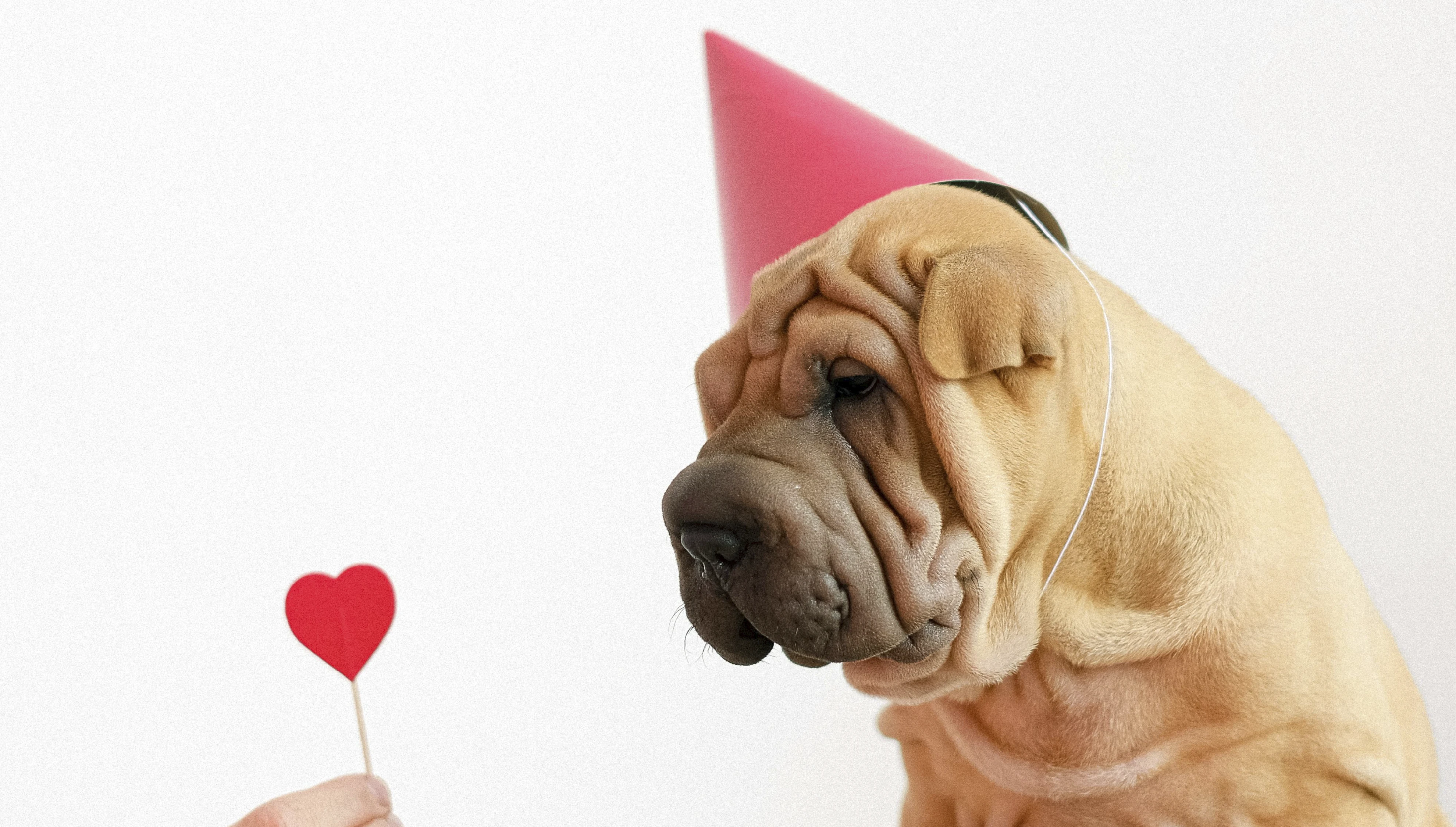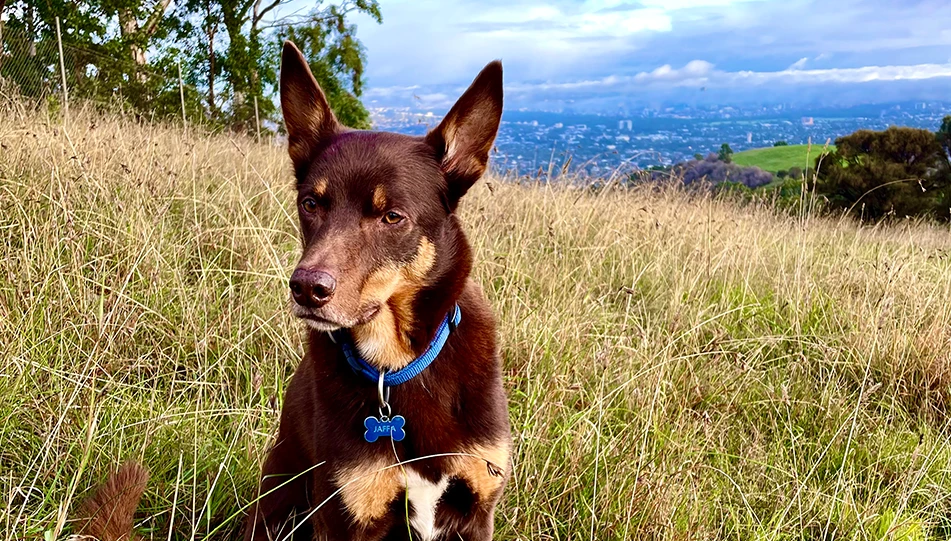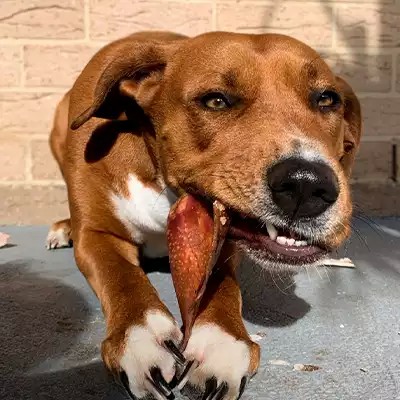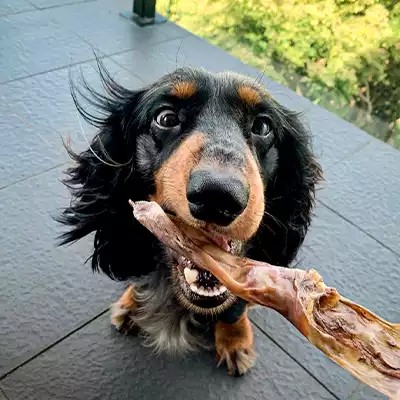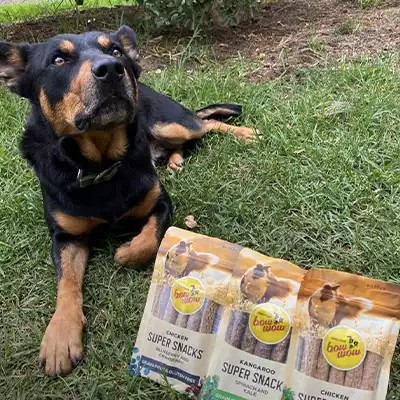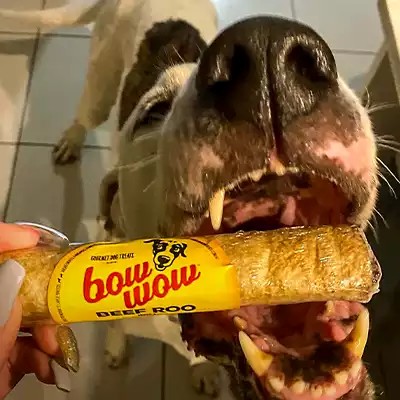News >
6 Ways to Prevent Dental Issues for Your Dog
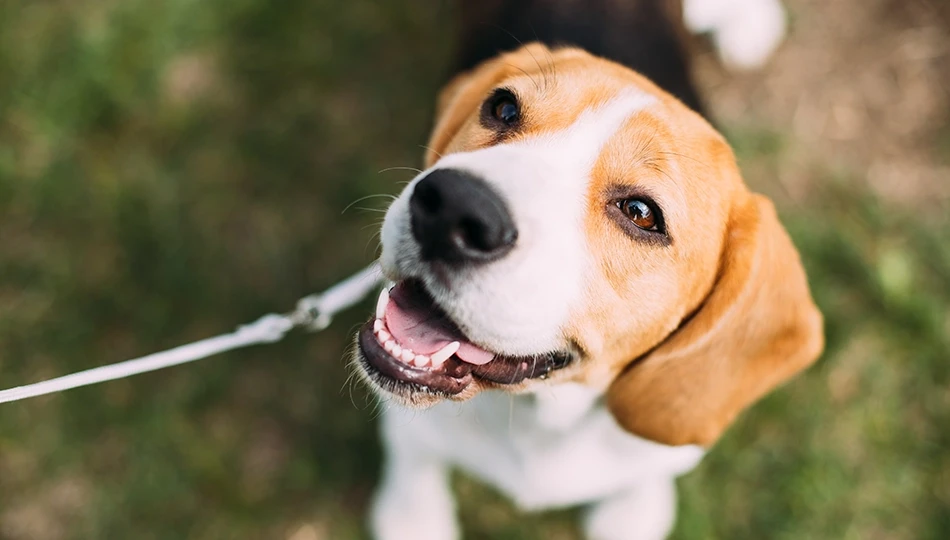 We put so much effort into our beloved dogs being at their happy, healthy, and loving best - daily walks, enrichment training, socialising
with other pets, buying the best food, and of course the occasional treat. But there’s one thing that can sometimes be overlooked that can cause a lot of suffering for our pets - dental well-being.
We put so much effort into our beloved dogs being at their happy, healthy, and loving best - daily walks, enrichment training, socialising
with other pets, buying the best food, and of course the occasional treat. But there’s one thing that can sometimes be overlooked that can cause a lot of suffering for our pets - dental well-being.Not all dental issues that dogs experience are immediately obvious, and it’s far too often that they’ve progressed to the point where it’s really painful for a dog before they receive the care they need. In fact, some reports say that nearly 80% of all dogs experience some form of dental issue! Now, you might be thinking of cavities, fillings, or other human-related problems, but it’s a little different for our furry friends. More often than not, dental issues in dogs are centred around the gum surrounding their teeth - not the tooth itself.
It’s called periodontal disease, which is a group of gum-based problems that can cause a lot of suffering for your dog. It’s generally caused by plaque build-up and a lack of dental care. It can weaken their bones and lead to chipped, split, and otherwise damaged teeth. Luckily for your pets, it’s easy to treat and prevent with a little TLC and regular, simple inspections paired with some good habits. So, on that note, here are six great ways to prevent nasty dental issues for your dog.
1. Inspect their teeth, gums and breath
How can you tell that your dog has a dental issue? Early on, it’s difficult to detect by just looking, but fortunately, there are a few key markers that something may be amiss. It’s good practice to routinely check your dog’s teeth for discolouration, excessive build-up of plaque or tartar, irregular bad breath, or any irritation in their gums. If the problem worsens, you may see them pawing at their mouth, refusing to eat, or, if it’s really bad, swelling under their eyes.2. Make sure to feed them high-quality foods
The type of food that you give to your dogs makes an enormous impact on their overall health, but also, specifically, their dental health. While some supermarket kibble varieties suggest that their products enhance dental health, it’s generally a good idea to feed your dog some high-quality, high-protein raw foods too to boost their well-being.3. Provide safe chews to keep their teeth strong and clean
It’s in a dog's nature to love to chew - it’s enriching, satisfying, and entertaining. Consider giving your dog a carefully selected and engaging dog treat like Bow Wow’s natural Pork Bones or for smaller breeds a treat filled roll like our new Beef & Roo Rolls. They’ll assist with dental health and hygiene, strengthen their jaws, all while keeping your dog happy and occupied with a tasty task.4. Try out tough, long-lasting snacks
All dogs love tasty treats and snacks, and little bite-sized pieces are great for training and easy rewards. But for a longer experience, long-lasting chew snacks like pig ears for a big dog or rabbit ears for their smaller siblings are a great option. Not only will your pet be happy and engaged for long periods (so you can get some work done!), but they’re also fantastic for keeping their teeth clean and strong.If your dog isn’t a huge fan of pig ears, try a bully stick for a different, more manageable time, or even some roo rolls or soon to be released pea-mutt butter filled rolls for that tasty filling.
5. Use a pet-friendly toothpaste
Many dog lovers swear by daily toothbrushing for their pets to keep them at their healthy best, and the occasional brush at the very least is highly recommended. For a young pup, you can start them brushing early by cleaning their smaller, weaker teeth with just your finger, before building up to a full toothbrush.It’s absolutely critical that you use pet-friendly toothpaste because the human version can be really bad for their health.

